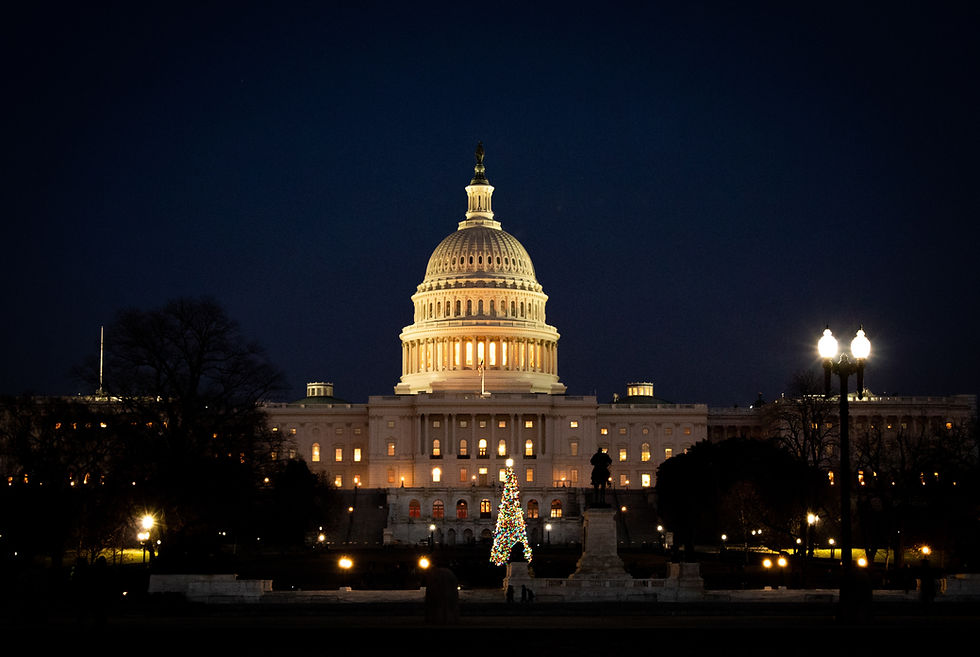
By FS Politics
2024
Fiscal policy refers to the use of government spending and taxation to influence a nation's economic activity. Unlike monetary policy, which a country's central bank manages, fiscal policy is directed by the government and involves adjustments to its budgetary balance to achieve economic objectives. It plays a crucial role in stabilizing the economy, promoting growth, and controlling inflation.
Government spending, a key component of fiscal policy, has the potential to bring about positive change. When the government increases spending on infrastructure, education, or healthcare, it can stimulate economic activity and generate employment. This increased economic activity can lead to higher consumer spending, investment, and economic growth, painting a hopeful picture of a thriving economy.
Taxation, another vital instrument of fiscal policy, can shape consumer and business behavior. The government can alter tax rates and policies to influence these behaviors. Lowering taxes can encourage consumer spending and business investment, thereby boosting economic growth. Conversely, raising taxes can help cool down an overheated economy and reduce inflationary pressures.
Fiscal policy can also be used counter-cyclically to help stabilize the economy during periods of recession or inflation. During a recession, the government can increase spending and decrease taxes to boost aggregate demand and stimulate economic activity. Conversely, during periods of high inflation, when the economy is 'overheated' with excessive spending and rising prices, the government can reduce spending and raise taxes to lower aggregate demand and cool down the economy. The term 'overheated economy' refers to a situation where the economy is growing too fast, leading to high inflation and potential economic instability.
However, implementing fiscal policy is not without its challenges. The issue of timing is crucial. Fiscal policy measures may take time to implement and impact the economy, making it difficult to fine-tune the policy response to economic changes. For instance, if the government decides to increase spending during a recession, it may take several months for the effects to be felt in the economy. This highlights the need for caution and careful planning in fiscal policy implementation.
Examples of government increasing spending during times of crisis:
Great Depression: During the 1930s, the U.S. government under President Franklin D. Roosevelt implemented expansionary fiscal policies through the New Deal programs to combat the severe economic downturn and mass unemployment.
Post-World War II: Many countries, including the United States, used fiscal policy to transition from a wartime to a peacetime economy, focusing on rebuilding and stimulating growth.
2008 Financial Crisis: In response to the global financial crisis, governments worldwide enacted significant fiscal stimulus packages to stabilize financial systems and spur economic recovery.
COVID-19 Pandemic: Governments implemented unprecedented fiscal measures, including direct payments to individuals, enhanced unemployment benefits, and support for businesses to mitigate the economic impact of the pandemic.
Moreover, fiscal policy decisions can have far-reaching consequences. Budget deficits or surpluses, which can be a direct outcome of fiscal policy, can significantly impact the economy in the long run. Large budget deficits, stemming from increased government spending or reduced taxes, can escalate government debt levels, potentially crowding out private investment and leading to higher interest rates. Conversely, budget surpluses can curtail the funds available for private investment, potentially slowing down economic growth.
In conclusion, fiscal policy is a critical tool for governments to manage the economy and promote stability and growth. By adjusting government spending and taxation levels, fiscal policy can influence aggregate demand, employment, and inflation. However, implementing fiscal policy requires careful consideration of timing, economic conditions, and long-term implications to ensure its effectiveness in achieving economic goals.